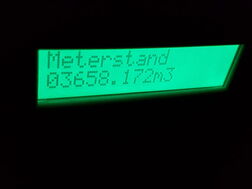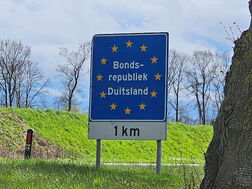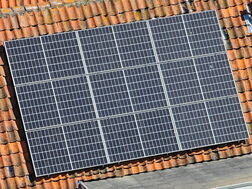KPN has announced that its internet package prices will increase by an average of €3.17 per month from 1 July. This price increase is significantly higher than last year's increase when monthly costs rose by an average of €1.90.
The telecom provider explains that inflation in the Netherlands, which currently stands at 6.1 per cent, according to the Central Bureau of Statistics (CBS), plays an essential role in this price change. Moreover, if KPN strictly followed current inflation rates, the price increase would reach 10 per cent. Instead, KPN has chosen to limit the price increase to 6.4 per cent, with a maximum of 4 euros per month, a company spokesperson told NU.nl.
The new tariffs will apply to all subscriptions taken out before 23 January 2023. The cheapest internet subscription will increase by €2.72 per month, while the most expensive subscription will increase by €4, NU.nl reported. It is important to note that the price increase only applies to internet and TV subscriptions. Additional channel packages like ESPN Compleet and services like the Opnemen Pakket (Recording Package) and KPN Veilig will keep their current price.
Customers of subsidiary XS4ALL will also start paying more for their internet subscription from 1 July. Besides the impact of inflation, KPN stresses that the price increase is necessary to continue investing in the quality and security of the network.
This news from KPN marks the latest example of how inflation impacts the Netherlands' prices of goods and services. While companies like KPN are trying to keep costs down for their customers, it remains clear that ongoing inflation has consequences for consumers and businesses.





